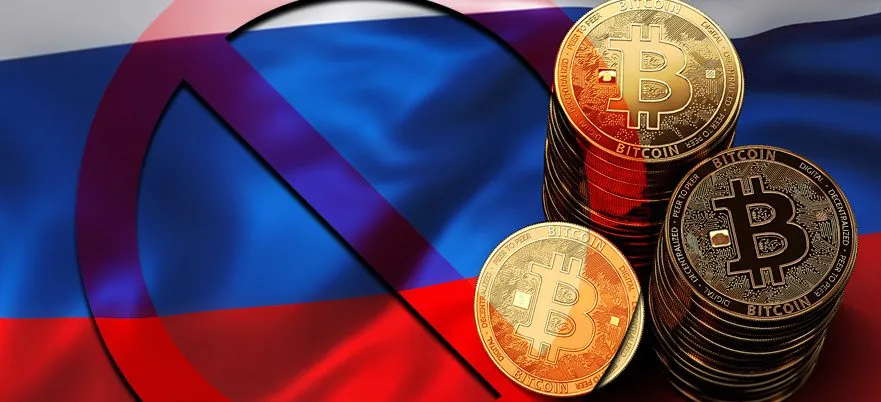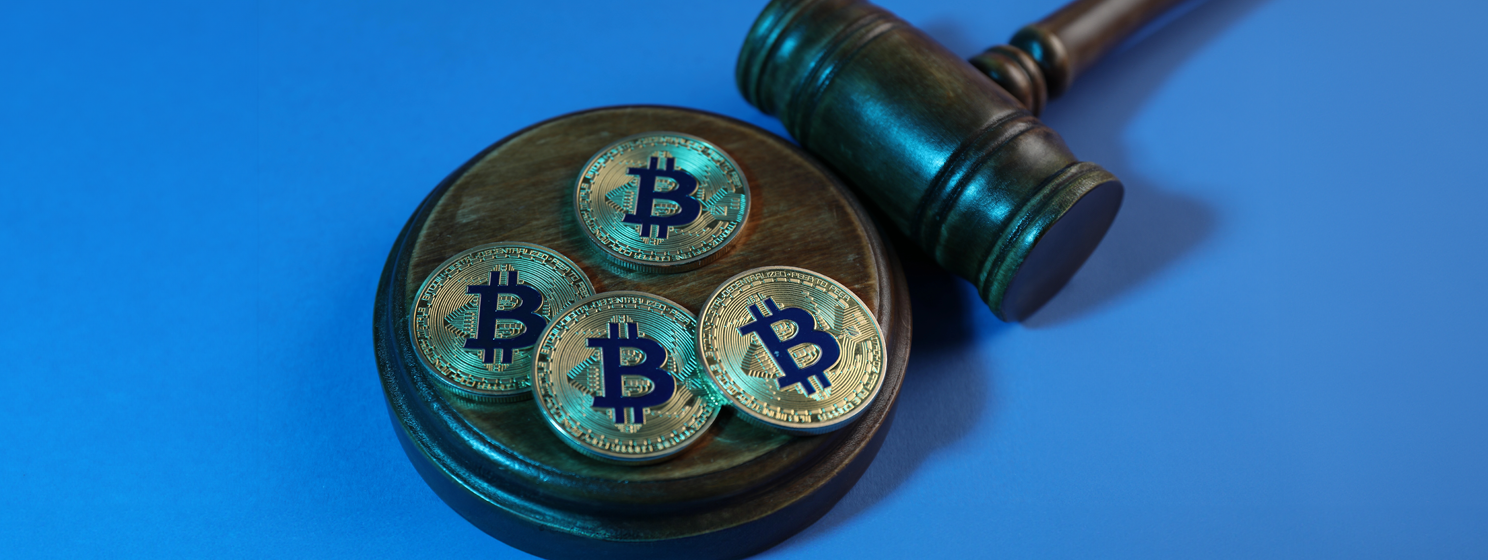|
Getting your Trinity Audio player ready...
|
Thirteen websites specializing in cryptocurrency are now restricted in Russia as the government sets out to limit cryptocurrency trading in the country.
Last week, the Federal Service for Supervision of Communications, Information Technology and Mass Media (Roskomnadzor) and the central bank decided to block the access to 13 websites that trade cryptocurrencies or distribute information about them.
Eleven others were also ordered by the communications watchdog to delete digital currency-related information on their sites or risk suffering the same fate as the first group, according to Russian-language news agency RNS.
The decision to restrict access to the sites were based on “valid judgments,” given that blocking of such sites without a trial is not allowed by Russian law. The Roskomnadzor said it has processed 22 court decisions, which led to the 24 sites being added to the Unified Register of Prohibited Information.
Additional websites are expected to be banned in the future, according to the central bank.
Despite admitting that they “are real,” officials in Russia are keen on restricting its citizens’ access to cryptocurrencies under the guise of consumer protection. In August, Deputy Finance Minister Alexey Moiseev revealed a plan to restrict the sale of cryptocurrencies to “qualified investors,” saying that “ordinary people” are ill-equipped to deal with such “very dangerous investments that could lead to loss of money.”
Recently, President Vladimir Putin also gave the go signal for a state-backed cryptocurrency—the CryptoRuble—in a bid to beat Russia’s neighbors in the Eurasian Economic Community. The announcement comes in the heels of reports that the government ministers have agreed to let the state take control of “the process of cryptocurrency emission and its circulation.”
Russia’s authoritarian government has taken a traditionally harsh stance toward cryptocurrencies, having previously proposed legislation that would criminalize the use of ‘surrogate’ financial products. Currently, the finance ministry is working to introduce a bill that will define a procedure for buying cryptocurrencies by the end of 2017.

 09-16-2025
09-16-2025 





